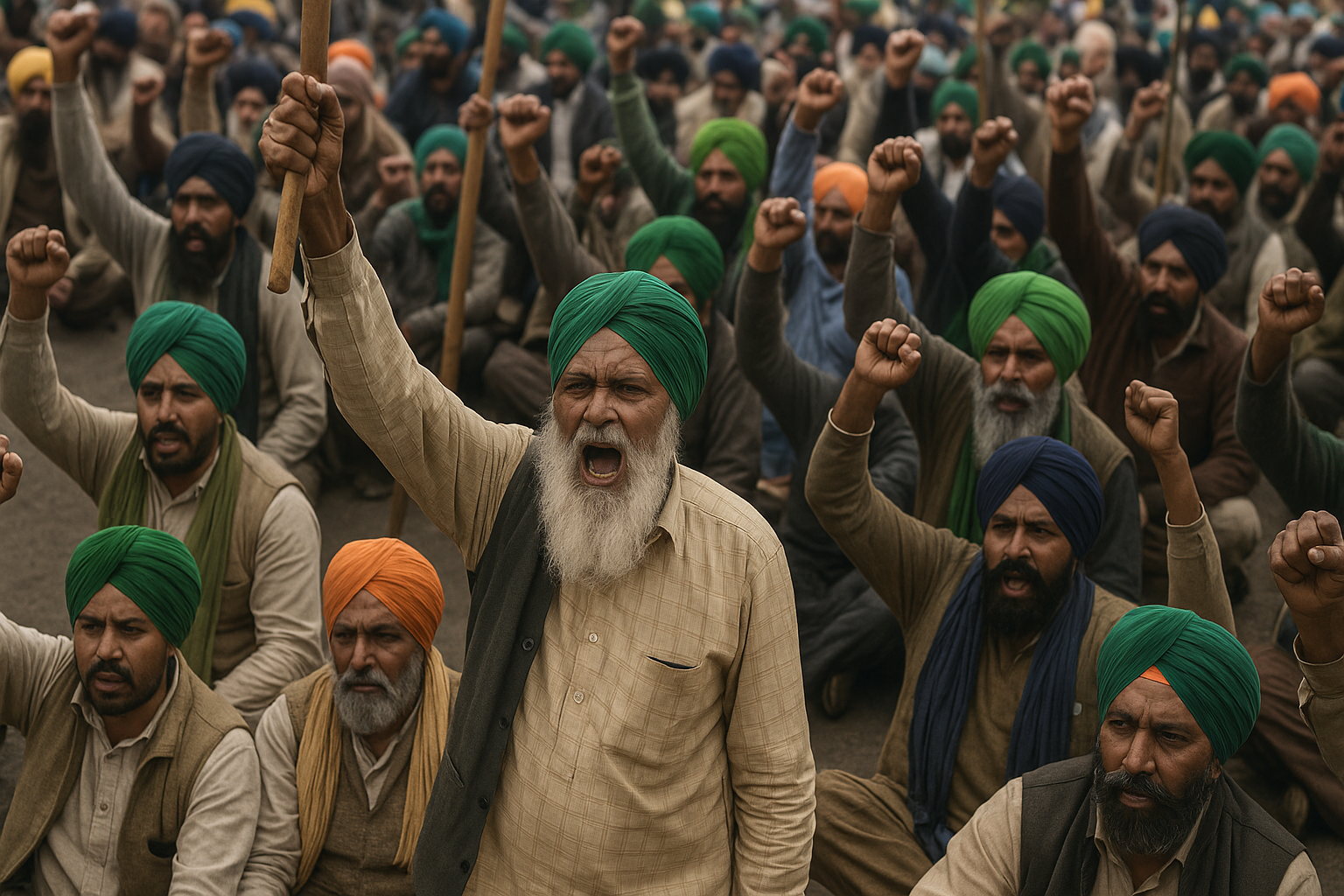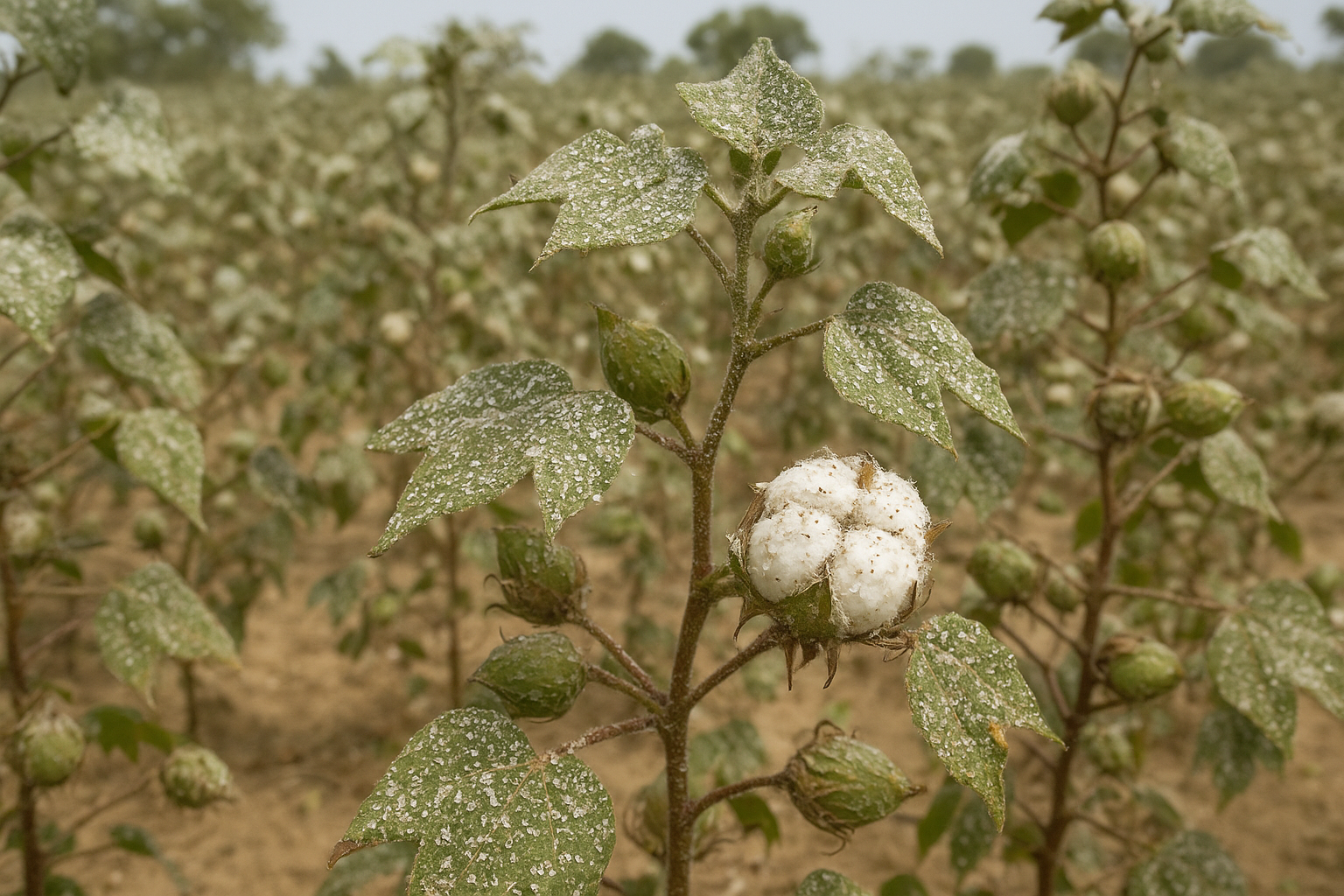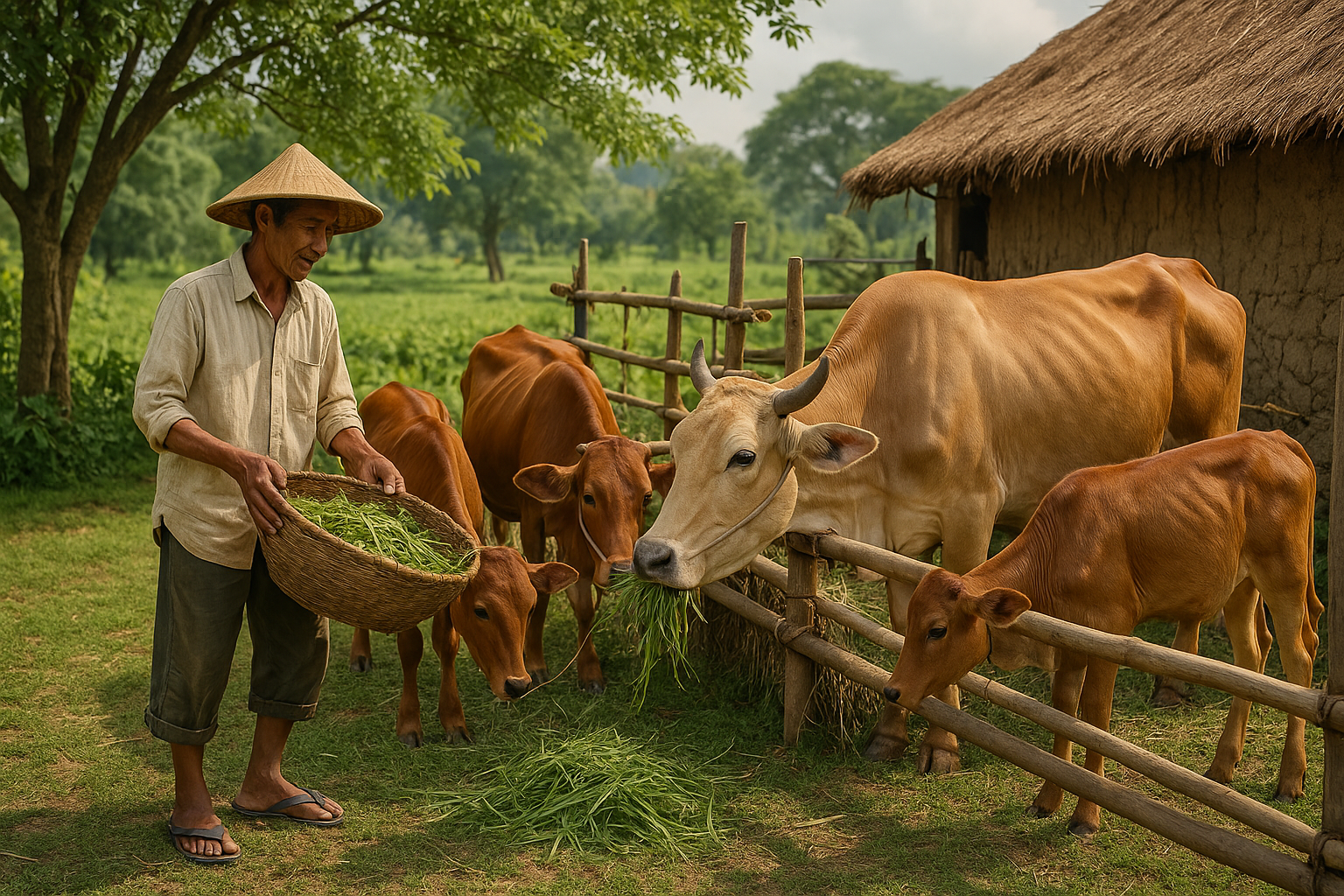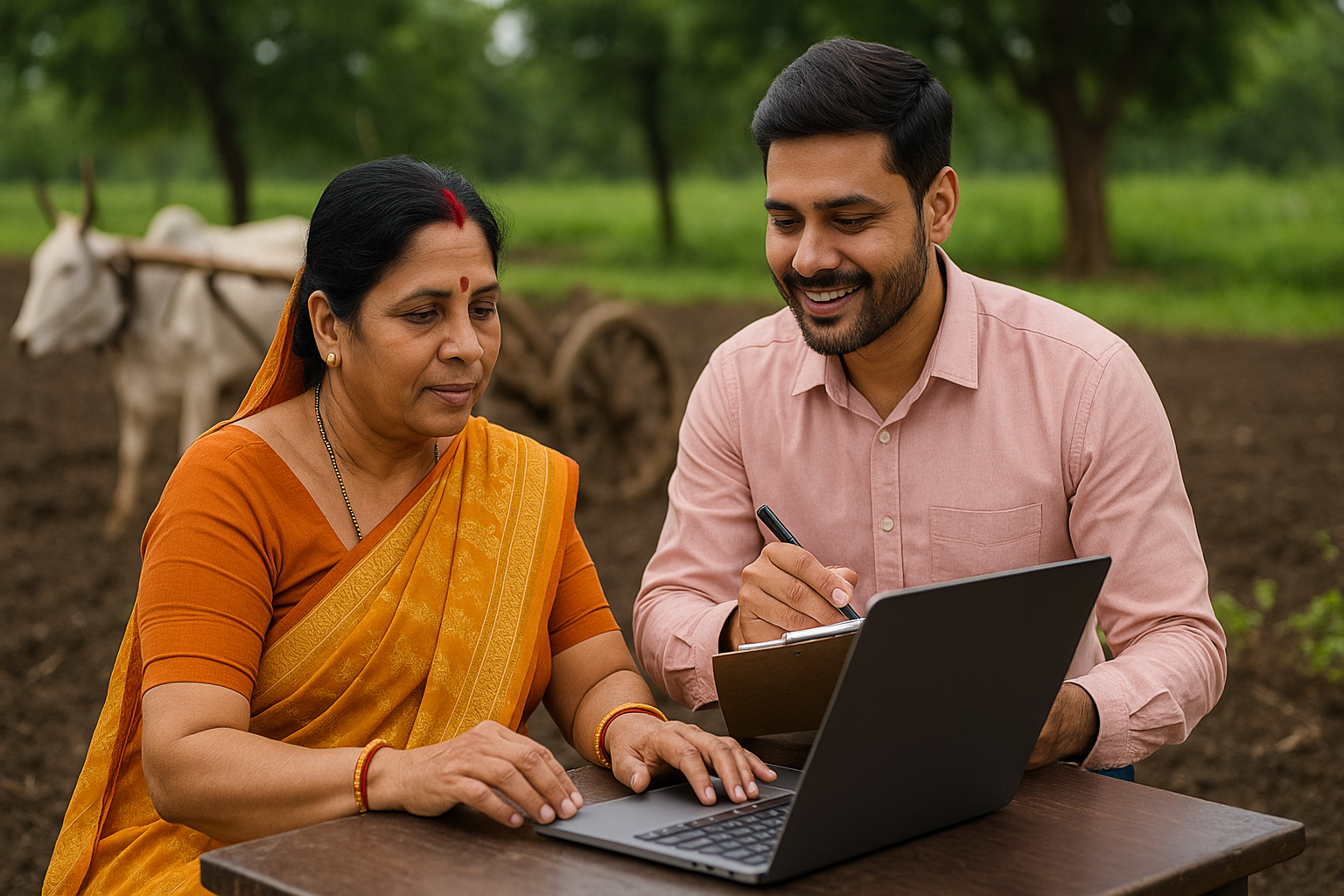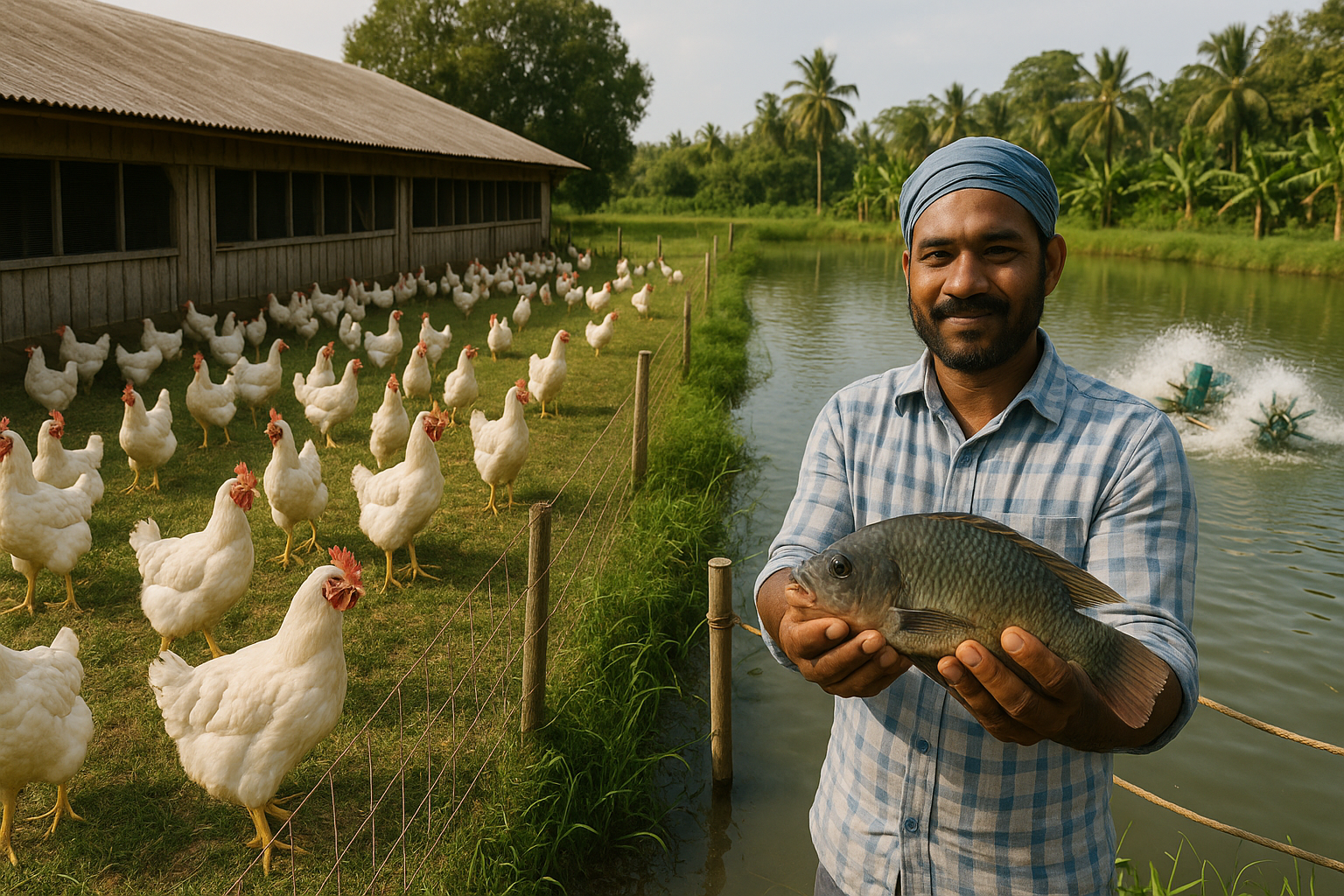In a small village near Ludhiana, Punjab, a 26-year-old farmer is redefining what agriculture means in the 21st century. Harpreet Singh, a B.Sc. Agriculture graduate, has fused tradition with technology, turning his ancestral farm into a thriving, data-driven operation that not only sustains his family but also empowers his entire village.
“I always believed that farming could be profitable—if done smartly,” Harpreet says. “So instead of leaving for a city job, I came back home to change the way we farm.”
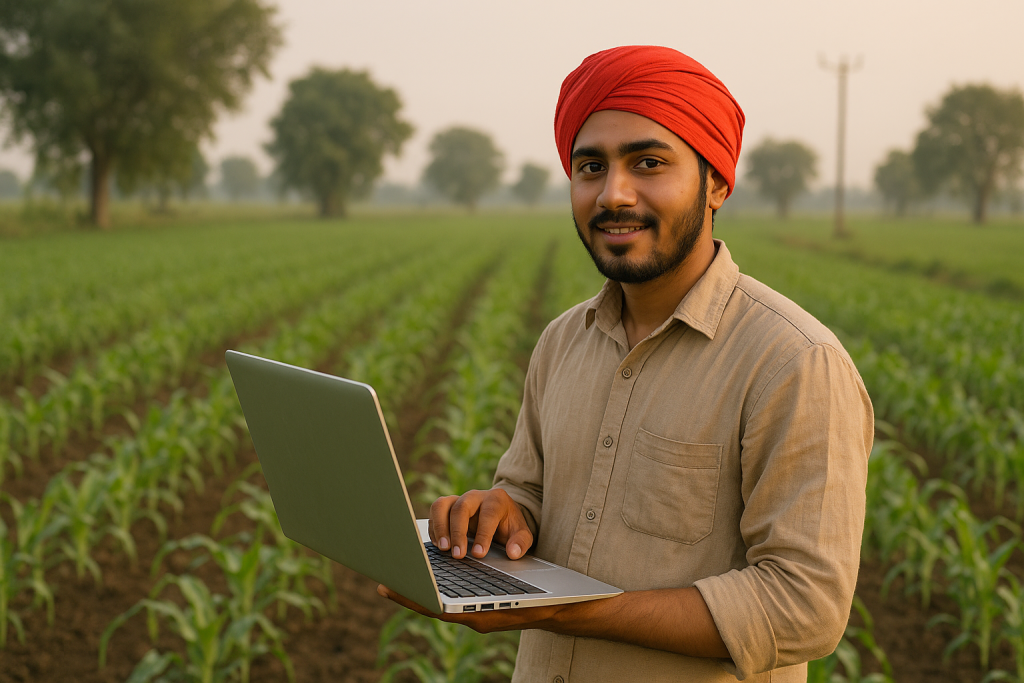
💡 From Textbooks to Trenches
After graduating in 2019, Harpreet returned to his village of Kotli Shahpur and saw firsthand the struggles farmers faced—unpredictable weather, price volatility, and soil degradation. Armed with academic knowledge and a vision, he began small, digitizing his father’s 8-acre wheat and paddy farm.
He installed soil moisture sensors, used weather-based crop planning, and started recording field data on mobile apps. “The data helped me reduce water usage, optimize fertilizer, and predict disease outbreaks. My costs dropped and yields improved.”
📱 Social Media as a Market Tool
Realizing that market linkage was a major hurdle, Harpreet began selling his produce directly through WhatsApp groups and Instagram. Within months, he had built a loyal customer base in Ludhiana and Chandigarh, offering clean, chemical-free grains and vegetables.
“I don’t need a middleman anymore. I get better rates, and customers trust me because they see how I grow their food,” he shares.
🌾 Empowering Fellow Farmers
Harpreet didn’t stop with his own success. He started a YouTube channel, sharing tips on digital tools, organic practices, and weather alerts. His channel now has over 30,000 subscribers, and he regularly conducts workshops in nearby villages.
He also collaborates with agricultural startups and Krishi Vigyan Kendras to distribute low-cost sensor kits and teach farmers how to use satellite data and mobile apps to track crop health.
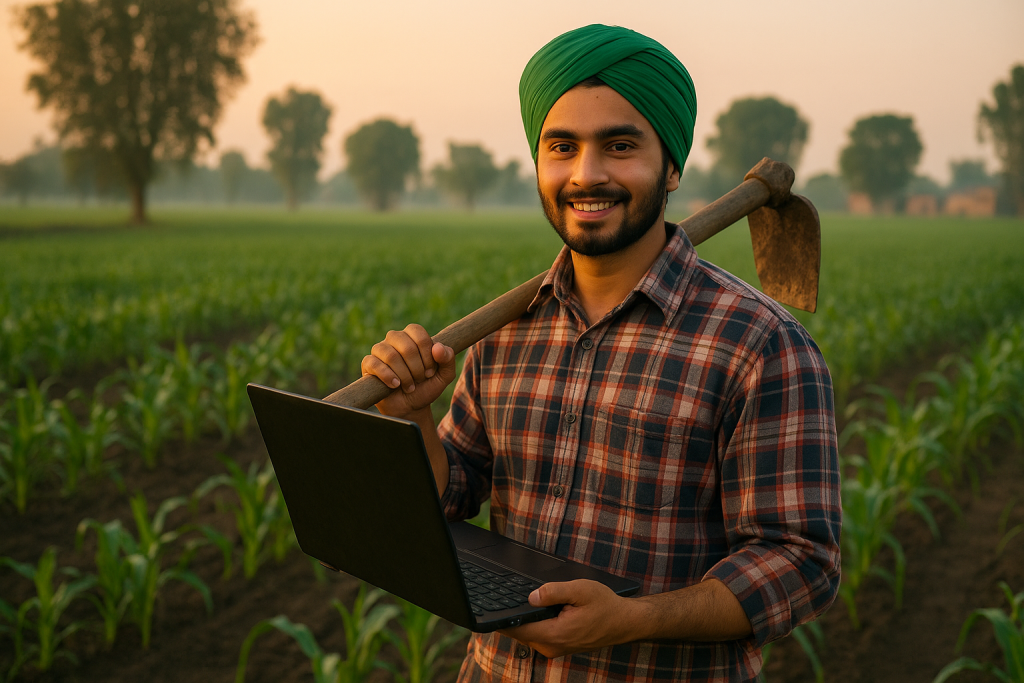
🌍 Climate-Smart Agriculture
One of Harpreet’s key goals is promoting climate-resilient farming. With extreme weather events on the rise, he has shifted to short-duration crop varieties, cover cropping, and micro-irrigation systems.
“Climate change is real, and farmers are the first to feel its impact. But we can adapt—if we have the right tools,” he says.
🧑🌾 Vision for the Future
Harpreet plans to start a digital farming cooperative where members can share equipment, access e-markets, and learn from real-time data. “We need to treat farming like a business—with strategy, analytics, and branding.”
His story is an example of what happens when youth, education, and technology are combined with a deep respect for the land.


